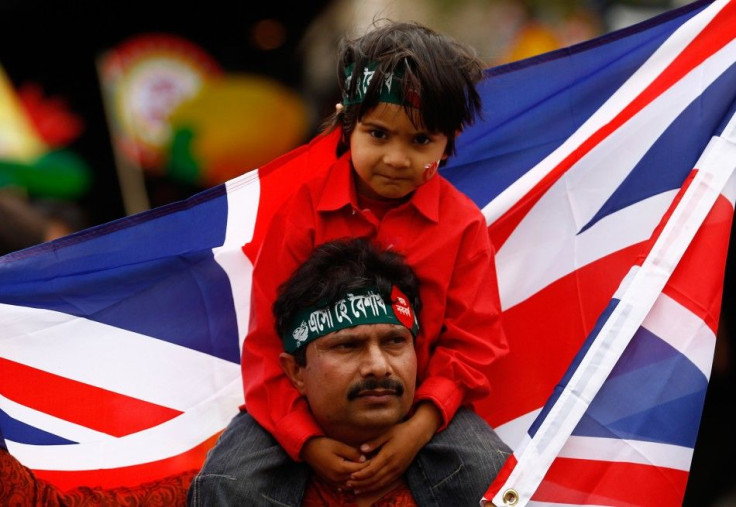Pak-Bangla Immigrants in UK Having Too Many Children: Asian Peer

Pakistani and Bangladeshi immigrants in Britain are having too many children and often doing so to claim more welfare benefits, according to Baroness Flather, a Conservative Asian peer.
During a debate in the House of Lords on the Welfare Reform Bill, Flather, the first Asian female peer in Britain, criticized Pakistani and Bangladeshi families for having large families.
The minority communities in this country, particularly the Pakistanis and the Bangladeshis have a very large number of children and the attraction is the large number of benefits that follow the child,” she said during the debate.
Nobody likes to accept that, nobody likes to talk about it because it is supposed to be very politically incorrect.
She added that these families must cease having extra births as a means of improving the amount of money they receive or getting a bigger house.
However, she made a sharp distinction between Pakistani-Bangladeshi families and the well-established Indian community.
Indians have fallen into the pattern here, she told peers. They do not have large families because they are like the Jews of old. They want their children to be educated. This is the other problem - there is no emphasis on education in the Pakistani and Bangladeshi families.
Flather, who was born in Lahore (in what is now Pakistan) prior to the 1947 Partition, suggested a reduction in benefits would discourage families from having excess children.
I really feel that for the first two children there should be a full raft of benefits, for the third child three-quarters and for the fourth child a half, she declared
Flather was criticized by Lord McKenzie, the Labour politician and spokesman for the department of work and pensions.
I had not expected the treatise on the family sizes of the Pakistani and Bangladeshi communities and hope I don't again, he told Lords.
The Welfare Reform Bill would, if passed, make wholesale changes in Britain’s welfare payment schemes, including tougher rules for benefits paid out to unemployed people who refuse a new job.
© Copyright IBTimes 2024. All rights reserved.











